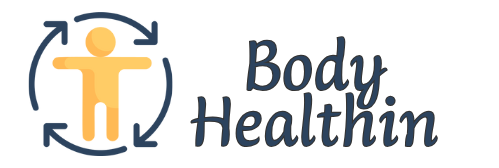Hypertension: Understanding, Preventing, and Managing High Blood Pressure

What is Hypertension?
Hypertension, commonly known as high blood pressure, is a medical condition where the force of blood against the artery walls is consistently too high. Blood pressure is measured by two numbers: systolic (the upper number, measuring pressure when the heart contracts) and diastolic (the lower number, measuring pressure when the heart rests between beats). Normal blood pressure is around 120/80 mmHg, while hypertension is diagnosed at levels above 140/90 mmHg.
Causes of Hypertension
Hypertension can arise from several factors, including:
- Age: Blood pressure tends to increase with age.
- Family history: Genetics can make people more prone to hypertension.
- Lifestyle: A diet high in salt, saturated fats, and sugar, along with a lack of exercise, alcohol consumption, and smoking, all contribute to high blood pressure.
- Chronic stress: Persistent stress can lead to elevated blood pressure.
Symptoms of Hypertension
Often called the “silent killer,” hypertension typically has no symptoms. However, in severe cases, people may experience:
- Frequent headaches
- Dizziness
- Shortness of breath
- Blurred vision
Health Risks of Hypertension
If left untreated, hypertension can lead to serious health complications, such as:
- Heart disease (heart failure, heart attack)
- Stroke
- Kidney disease
- Vision problems
Preventing and Managing Hypertension
- Adopt a healthy diet: Focus on eating fruits, vegetables, whole grains, and reduce salt intake.
- Exercise regularly: Aim for at least 30 minutes of moderate exercise on most days.
- Manage stress: Practice relaxation techniques, mindfulness, or meditation.
- Avoid smoking and limit alcohol: Both can exacerbate hypertension.
- Monitor blood pressure regularly: Early detection allows for better management.
Medical Treatments
In cases where lifestyle changes aren’t enough, doctors may prescribe antihypertensive medications to help control blood pressure.
Conclusion
Hypertension is a common but manageable condition if detected early and treated appropriately. Maintaining a healthy lifestyle and regularly checking your blood pressure are essential to preventing its serious complications.
